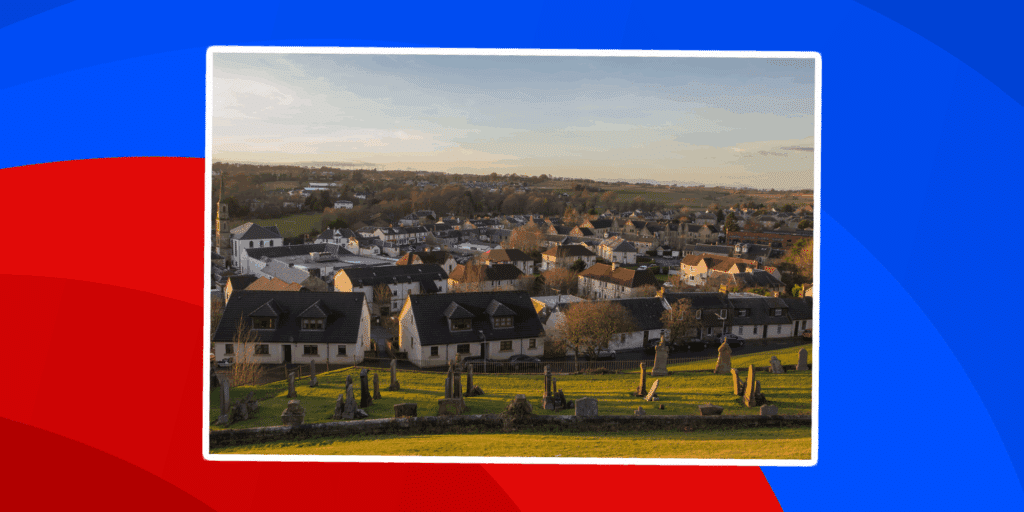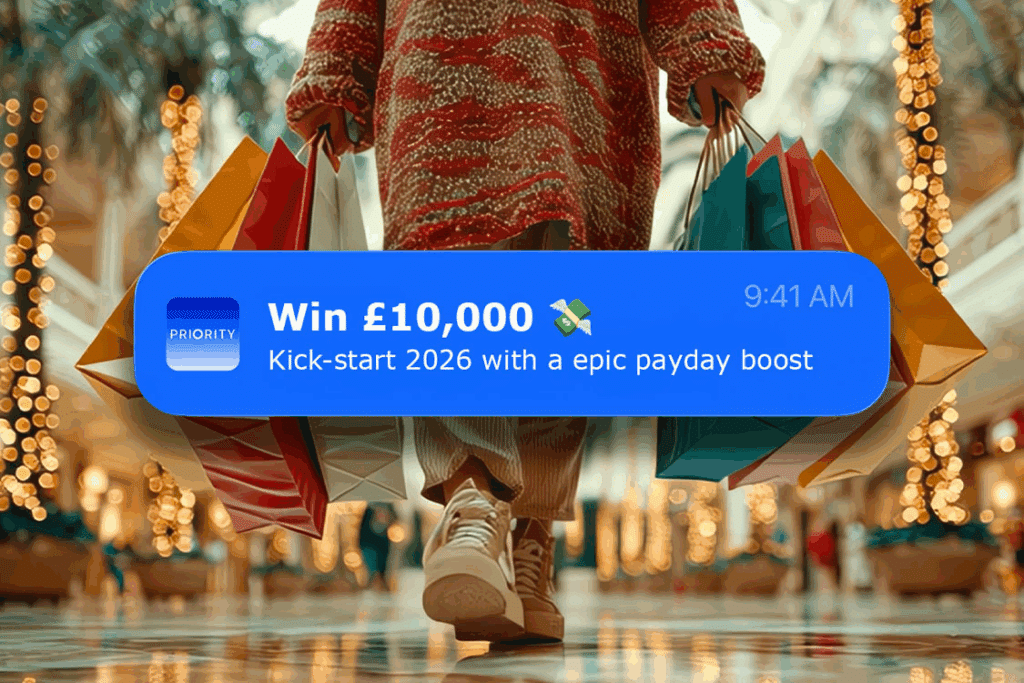Free digital skills training will be delivered by more than 2,000 company volunteers working with local authorities and the public sector across the UK
- The UK’s digital skills gap is costing the economy £12.8 billion, with 5.4 million Brits unable to carry out simple digital tasks, new research from Virgin Media O2 has found
- Today, Virgin Media O2 Business’ Connect More Programme has launched to tackle digital exclusion in partnership with local authorities, and the wider public sector, around the UK
- The programme will see volunteers from Virgin Media O2 Business’ more than 2,000-strong workforce provide free digital skills training to local residents
- Following a successful pilot in Greater Manchester, Virgin Media O2 Business is now working with public sector organisations to roll out the initiative and support those most digitally excluded across the country
London, UK – 19 October 2022 – Virgin Media O2 Business has today launched a national programme, ‘Connect More’, to help equip digitally-excluded local community residents with the skills, confidence, and motivation to use everyday technology and get online to make the most of the internet. The programme will see company volunteers use five paid volunteering days a year to deliver much-needed digital skills training, such as through local authority-run drop-in centres, across the UK. Anyone in Virgin Media O2 Business’ team of more than 2,000 employees can volunteer to take part and become a digital skills trainer, and the company will work with its network of public sector partners to pair volunteers with residents most in need.
The launch comes as new research from Virgin Media O2 and economic modelling from Cebr finds a lack of digital skills is costing the economy £12.8 billion in GVA (Gross Value Added), with 5.4 million Brits unable to carry out simple digital tasks. These people aren’t benefitting from the everyday technology and online activities most of us take for granted, whether it’s shopping for the best deals, buying a train ticket, or staying in touch with friends virtually.
Virgin Media O2 Business is now working with its network of public sector customers to help it deliver Connect More at a community level and reach those housing association residents who are most at risk of digital exclusion. The company is committed to offering resources that directly support public services on the ground – to tackle digital exclusion at a national level with a local-first approach – and is developing tailored delivery plans with each local authority wanting to take part.
Jo Bertram, Managing Director, Virgin Media O2 Business, said: “From preventing people booking GP appointments online right through to locking them out of job applications and promotions, the impact of the digital skills gap on society and the economy is staggering: more than a third of people say it’s already held back their earning potential. No one sector – public or private – can tackle this inequality alone, but working together, we can pool our strengths and have a bigger, better impact. And this isn’t just about funding, it’s about real ‘boots on the ground’ support.
“At Virgin Media O2 Business, we have both a strong network of public sector customers, and a team of thousands of our own people who are ready and able to make a difference. So, with Connect More we’re joining the dots: putting time and resource behind an initiative that mobilises our people to deliver free digital skills training and make a real impact on everyday lives and communities. And we’re now calling on the public sector to help us deliver it: by connecting us with those in most need of support.”
Virgin Media O2’s research has highlighted the gravity of the digital exclusion situation in the UK, with almost a third of those polled saying they need digital skills so they can shop around for deals and save money – amid rising anxiety over the cost of living.
Almost a third (31%) believe they have been passed over for a promotion or pay rise because of a lack of digital skills. A quarter of people in the lowest earning pay bracket (less than £12,570 p/a) feel their skills would be inadequate to secure them a similarly paid role if made redundant, while a fifth (21%) say they need digital skills so they can get a job with a higher salary because of the cost-of-living crisis.
The launch of the national Connect More Programme follows a successful pilot with the Greater Manchester Combined Authority (GMCA), which saw volunteers from Virgin Media O2 Business work directly with the local authority to identify areas within the community to engage with – such as Wythenshawe Community Housing Group, where many of the free digital skills sessions were hosted. The pilot demonstrated the real-life impact of private sector organisations collaborating with local government to dedicate resources to uplifting public services.
Patricia Handley, Wythenshawe resident and pilot session participant, adds: “I don’t feel like I’m in a foreign country anymore. I’ve now been on this app and that app, and I never knew what people were talking about. But now I do. I know people out there who are out of touch with computers and frightened to sit in front of them. I don’t think anybody should sit down and say, ‘I don’t need to know anything else’. I don’t think you’re ever too old to learn. Some days, we don’t talk to one another as much because we’re so busy on the computer. But on other days, it’s a real community. We get together and talk, laugh, joke. It is brilliant.”
Andy Burnham, Mayor of Greater Manchester, said: “If Greater Manchester is truly going to be a world leading digital city region, we have to make a big commitment to fix the digital divide, the consequences of not doing so are severe – with our people at risk of further social isolation, lack of equal opportunities and not being able to access support. We are ensuring that everyone in Greater Manchester, whatever their age, location or situation, can benefit from the opportunities digital brings.
“Now is the time where Greater Manchester can lead the way in achieving an ambition that we should all strive for country wide. Collaboration is integral to what we do and tackling digital exclusion through Virgin Media O2 Business’ Connect More Programme supports our objective of becoming recognised as a world leading digital city-region in a way that puts our people first.”
-ENDS-
NOTES TO EDITORS:
Research methodology
Research based on economic analysis from Cebr who constructed a Digital Skills Index from an online survey run by 3Gem of 3,000 participants across the UK around people’s digital skills. Responses to 39 questions relating to digital skills and income were used to create an index from 0 to 100, covering four distinct digital skill personas used to categorise each respondent: High Digital Skills, Moderate Digital Skills, Low Digital Skills, and No Digital Skills. Multiple linear regression analyses were run, and the resulting coefficients were applied to respondents to find the average earning uplift associated with improving ‘Low Digital Skills’ and ‘No Digital Skills’ to ‘Moderate Digital Skills’. The final impact total was estimated by aggregating the mean earning uplift across the relevant shares of the UK population. To translate the earning uplift to a GVA uplift, an average ratio of earnings-to-COE, and then total COE-to-GVA was applied.
UK population as of October 2022 calculated as 68,690,184 based on Worldometer elaboration of the latest United Nations data.
press enquiries
press enquiries







